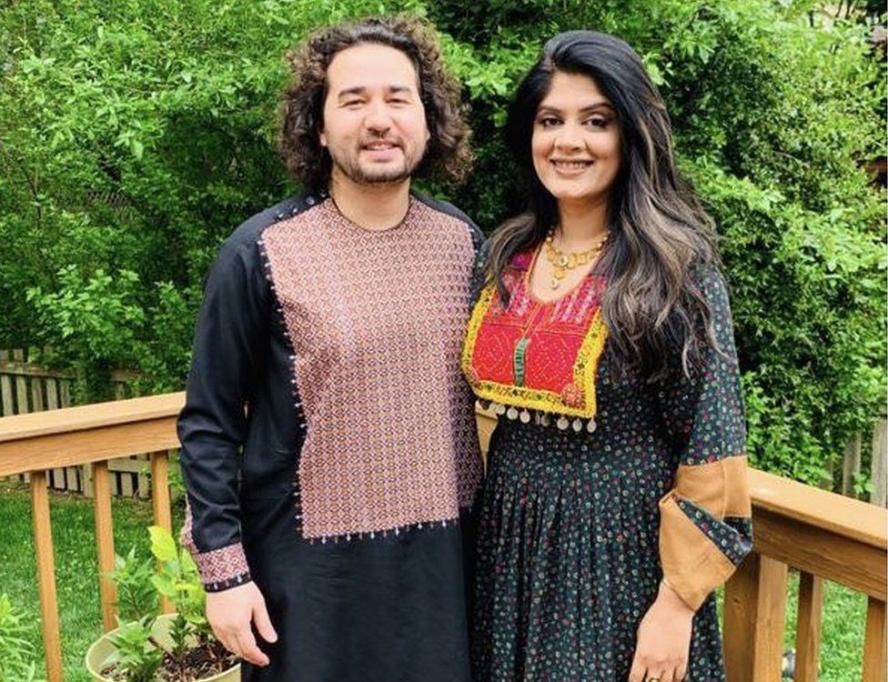-

Hear from Professor Monica Toft
Learn how Professor Monica Toft is shaping the study of global affairs and diplomacy at Fletcher.
Hear from Prof. Toft -

Explore Fletcher academics in action
Fletcher Features offers insights, innovation, stories and expertise by scholars.
Get global insights -
Get application tips right from the source
Learn tips, tricks, and behind-the-scenes insights on applying to Fletcher from our admissions counselors.
Hear from Admissions -

Research that the world is talking about
Stay up to date on the latest research, innovation, and thought leadership from our newsroom.
Stay informed -
Meet Fletcherites and their stories
Get to know our vibrant community through news stories highlighting faculty, students, and alumni.
Meet Fletcherites -

Forge your future after Fletcher
Watch to see how Fletcher prepares global thinkers for success across industries.
See the impact -

Global insights and expertise, on demand.
Need a global affairs expert for a timely and insightful take? Fletcher faculty are available for media inquiries.
Get in Touch
Afghan women hit back at Taliban with #DoNotTouchMyClothes campaign
Fletcher Alumna Lima Halima Ahmad and other Afghan women have sparked a viral social media campaign to protest the Taliban's new dress codes for female students. Ahmad discusses the importance of the campaign in BBC.

Fletcher Alumna Lima Halima Ahmad and other Afghan women have started a viral online campaign to protest the Taliban's recent dress code for female students in Afghanistan. Using hashtags like #DoNotTouchMyClothes and #AfghanistanCulture, many are sharing pictures of their colourful traditional dresses to showcase a side of Afghan culture that is often unrepresented.
When asked about her participation in the viral campaign, Lima Halima Ahmad says that "[Afghan women] wear our culture with pride and we think that our identity cannot be defined by some terrorist group. Our culture is not dark, it's not black and white - it's colourful and there is beauty, there is art, there is artisanship and there is identity."
As someone who lived and worked in Afghanistan for the past 20 years, Ms Ahmad says: "Women had a choice. My mother wore a long and big veil and some women chose to wear smaller ones. Dress codes were not enforced on women.
"We are Afghan women and we have not seen stuff like that where you are fully covered, with some kind of black shadow uniform that you are wearing black gloves, your eyes are not even seen - it looked like it [was] ordered specifically for that exhibit," she said, referring to the pro-Taliban rally.

